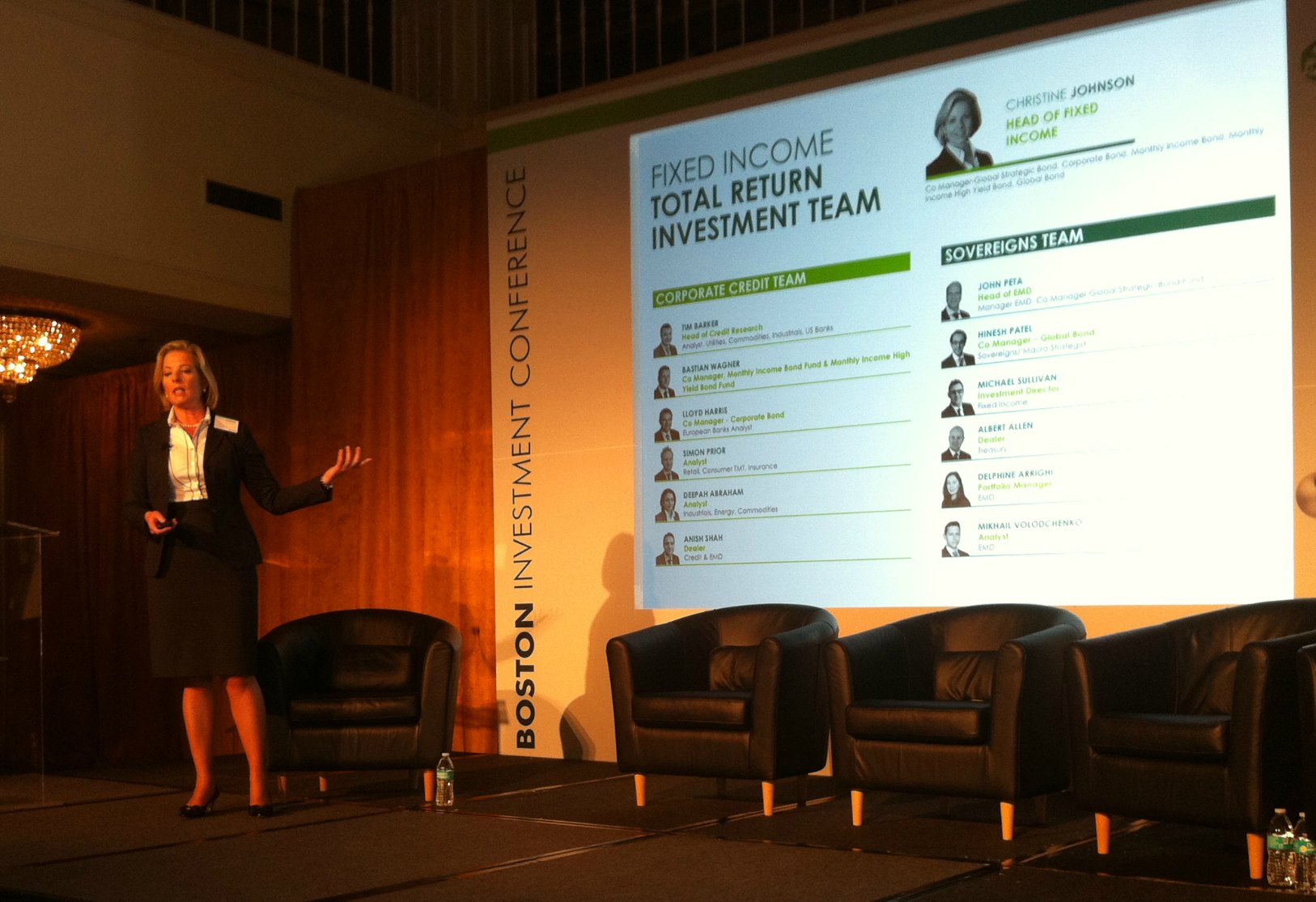Generali Unveils Two New Funds
| For Alicia Miguel | 0 Comentarios

The Generali Group has recently launched two new funds within its UCITS-compliant Generali Investments SICAV (GIS). Generali Investments – the Group’s main asset management company with approximately €375 billion of assets under management- has been appointed investment manager of the new funds.
The GIS Absolute Return Convertible Bonds fund is designed for investors seeking consistent risk-adjusted returns. The strategy combines opportunities in a broad convertible bond universe with hedging/arbitrage techniques to improve downside protection. The GIS SRI Ageing Population fund is designed to benefit from the long-term ageing demographic trend by investing in companies that are exposed to this growing market and applying a screening based on Socially Responsible Investments criteria as well as on the theme.
Andrea Favaloro, Head of Sales & Marketing at Generali Investments, said: “As part of Generali Investments’ ambition to become a world-class investment brand and the preferred choice for our clients, we have initiated a robust plan to develop our business dedicated to third- party investors, basing on our strongest expertise areas. The two new funds demonstrate our commitment to executing this plan taking advantage of some of our most outstanding capabilities, including our credit research, macro research, SRI analysis and stock-picking.”
The GIS Absolute Return Convertible Bonds fund invests in a global convertible bond universe, albeit with a bias towards Europe. Convertible bonds, as an asset class, combine various alpha drivers – equities, credit, implied volatility, rates, currencies and ratchet/prospectus clause. These components do not always move together depending on the market conditions and cycles. The fund has the ability to hedge the unwanted features and isolate and better exploit the desired ones. In addition, the strategy is implemented in a transparent, rigorous and risk- managed UCITS-compliant structure. The dedicated convertible bonds investment team manages over €950 million across open ended funds and segregated mandates. The team is headed by Brice Perin, lead portfolio manager, with over 16 years of experience in asset management and convertible bonds. Prior to joining Generali Investments, Brice was responsible for volatility funds at Acropole AM. Between 2007 and 2011 he was in charge of convertible and volatility arbitrage funds at La Française AM. From 1999 to 2007, he was head of convertible and volatility arbitrage at DWS Investments. The investment team is backed by a 18-strong in-house credit research team and a 13-strong macro research team.
The GIS SRI Ageing Population fund invests in European companies with a business model positioned to benefit from the demographic trend of the ageing of the world’s population. Due to lower birth rate and longer life expectancy, it is estimated that the world’s population over 60 will reach 1.7 billion people in 2040 from 700 million in 2010. Moreover, this age group is expected to own an increasingly larger share of total income, especially in developed countries. This fund is unique as it combines a long-term demographic trend and investment theme, a fundamental equity valuation process and a fully SRI-compliant portfolio. After an initial Environmental, Social and Governance (ESG) screening of the investment universe (MSCI Europe), the fund manager selects companies exposed to the ageing theme based on three key investment pillars: healthcare, pension & savings and consumer goods. The fund manager then uses proprietary fundamental valuation models to select companies and create a portfolio of around 50 stocks.
The fund is 100% SRI compliant, leveraging Generali Investments’ SRI resources and process to invest in companies with strong ESG credentials. Generali Investments’ SRI team of eight analysts applies a proprietary screening model based on 34 ESG criteria. The SRI overlay brings additional scrutiny and value when analysing companies, their business models and their management’s strategic decisions. As a result, the GIS SRI Ageing Population fund caters to investors who look for long-term and sustainable returns.
The fund is managed by Mattia Scabeni, with 11 years of experience in the asset management industry. Mattia joined Generali Investments in 2009 as a portfolio manager. Previously, he worked for Swiss financial institutions both as a portfolio manager and equity analyst. Mattia holds an MBA from HEC Paris and an Executive Master in Financial Markets from SDA Bocconi.










